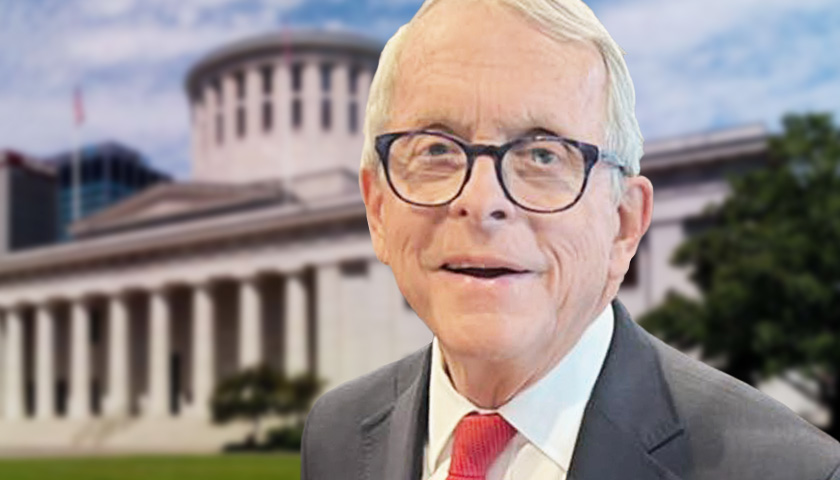Ohio Governor Mike DeWine (R) on Sunday signed legislation allowing Ohioans who acquired occupational licenses in other states to utilize their credentials in the Buckeye State.
Eighteen states, including neighboring Pennsylvania, already recognize occupational licenses that their residents received elsewhere. For years, a coalition of free-market organizations, including the Columbus-based Buckeye Institute, has urged Ohio lawmakers to adopt the same policy to ease burdens on workers and make the state more economically competitive.
Ohio mandates workers in over 650 different trades to be licensed. State Senators Kristina Roegner (R-Hudson) and Rob McColley (R-Napoleon) authored the bill to recognize out-of-state credentials and secured unanimous passage in their chamber in June. The State House of Representatives approved the legislation last month.
Supporters of licensure reform lauded the governor and legislators for their effort.
“The Buckeye Institute-championed policies in Senate Bill 131 will enable people who already possess an occupational license from another state to move to the Buckeye State and pursue their dreams,” Rea S. Hederman Jr., Buckeye Institute vice president of policy, said in a statement. “These pro-worker reforms couldn’t come at a better time. With job opportunities proliferating thanks to projects like the new [Licking County-based] Intel plant, Ohio needs a vibrant workforce, and the policies that Governor DeWine signed into law will bring new workers to our state.”
While free marketers view licensing reciprocity as a beneficial move for Ohio, the stringency of the state’s requirements may spur calls for further reform in the future. According to a 2021 review of all state economic policies by the D.C.-based Cato Institute, “the extent of occupational licensing [in Ohio] is greater than average and has been growing.”
State policymakers have gradually worked toward liberalizing occupational credentialing in recent years. In January 2019, former Governor John Kasich signed legislation requiring a review of all state licensing boards every six years. And DeWine took an initial step toward license reciprocity in October 2020 when he signed a measure allowing Armed Forces personnel and their spouses who obtained professional licenses in other states to practice their trades in Ohio.
Numerous studies by philosophically diverse institutions have concluded that licensing requirements are a major drain upon the American economy. In 2018, for instance, University of Minnesota labor scholars Evgeny S. Vorontikov and Morris M. Kleiner found that credential requirements likely cost the economy nearly $200 billion annually.
Even a 2015 report commissioned by former President Barack Obama discussed drawbacks to states’ onerous licensing regimes, noting such rules can “reduce employment opportunities and lower wages for excluded workers.” It furthermore observed that such mandates often put upward pressure on consumer prices without raising the quality of goods or services.
– – –
Bradley Vasoli is managing editor of The Ohio Star. Follow Brad on Twitter at @BVasoli. Email tips to [email protected].
Photo “Mike DeWine” by Mike DeWine. Background Photo “Ohio Statehouse” by Carol M. Highsmith.





